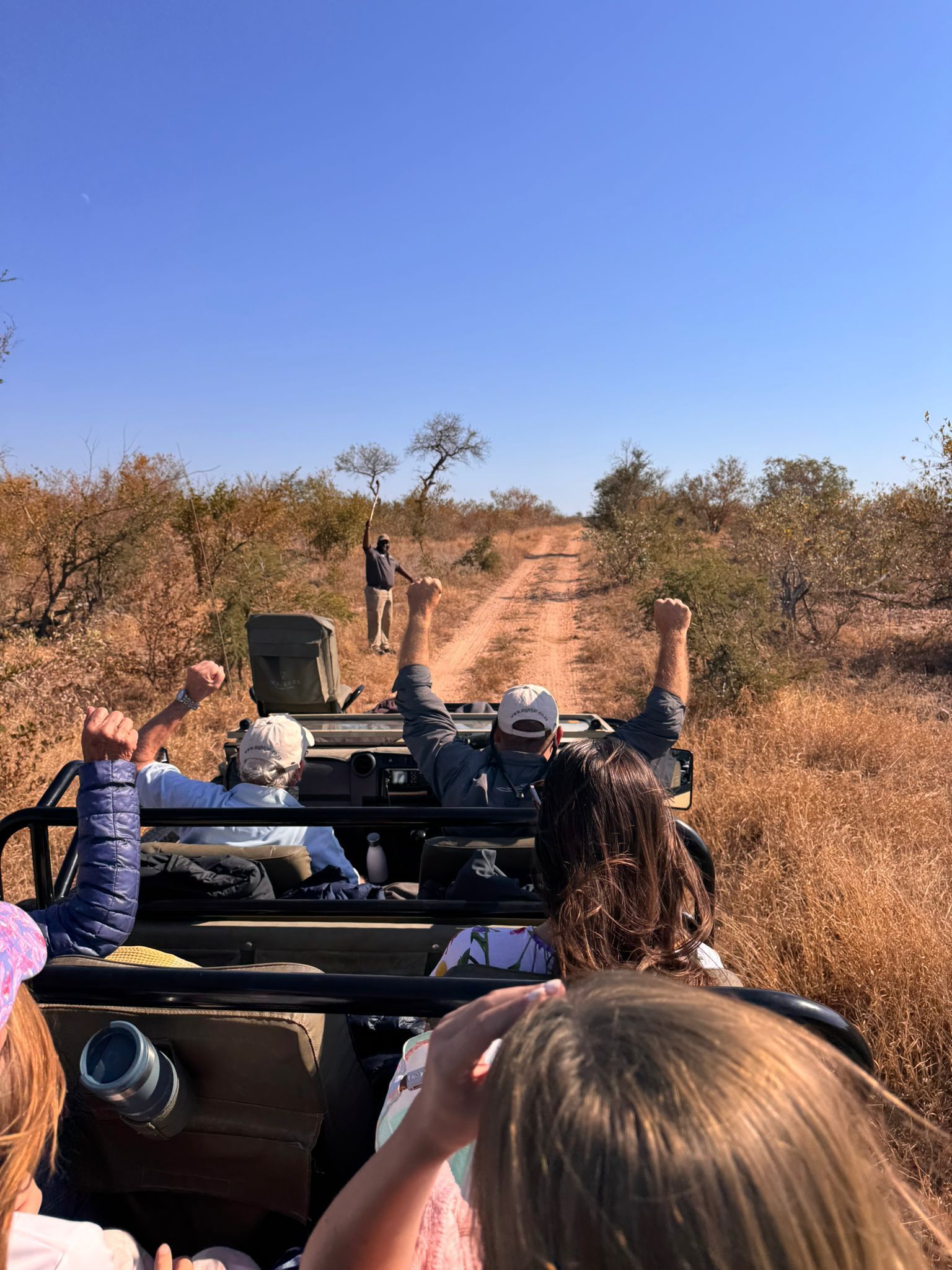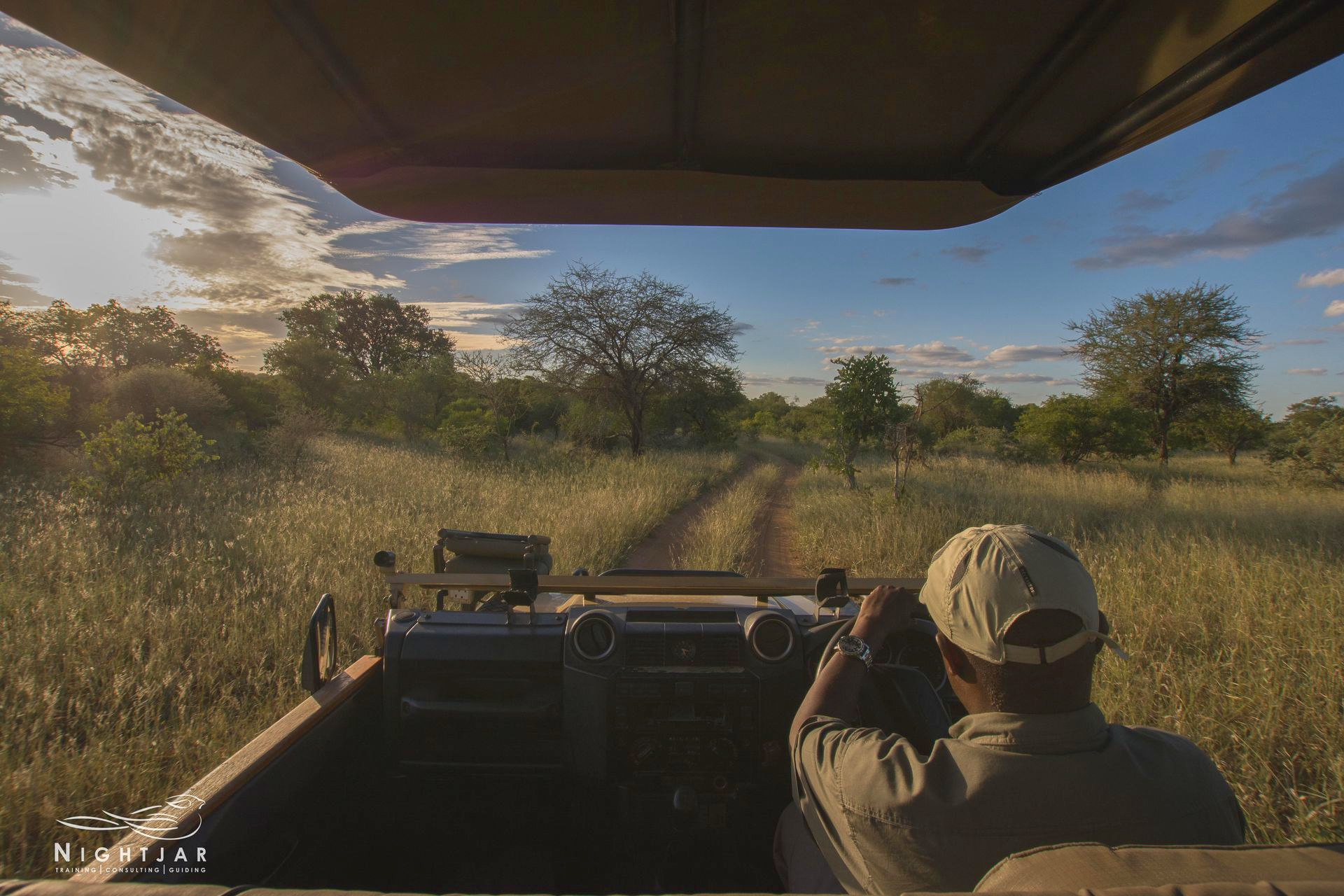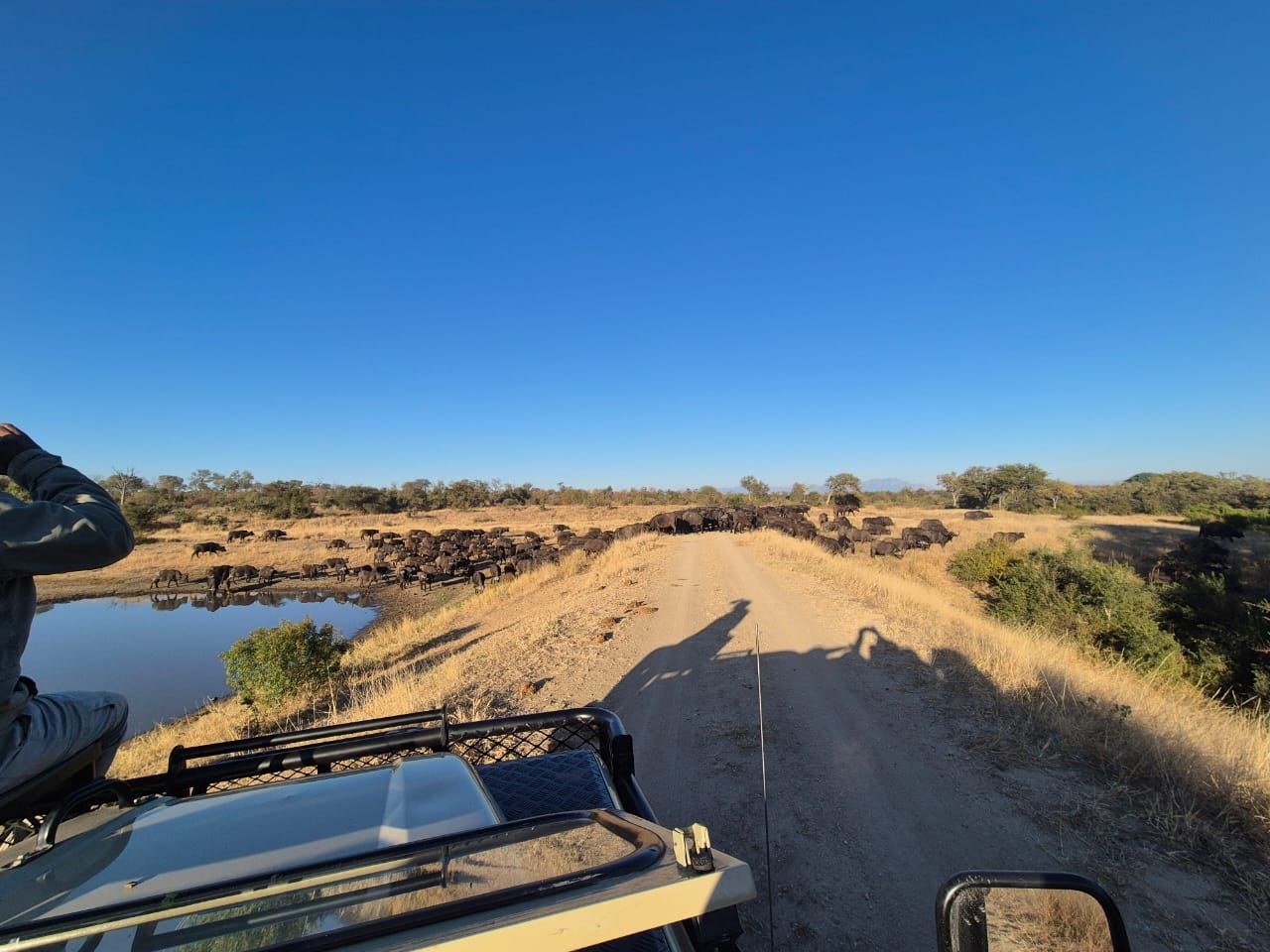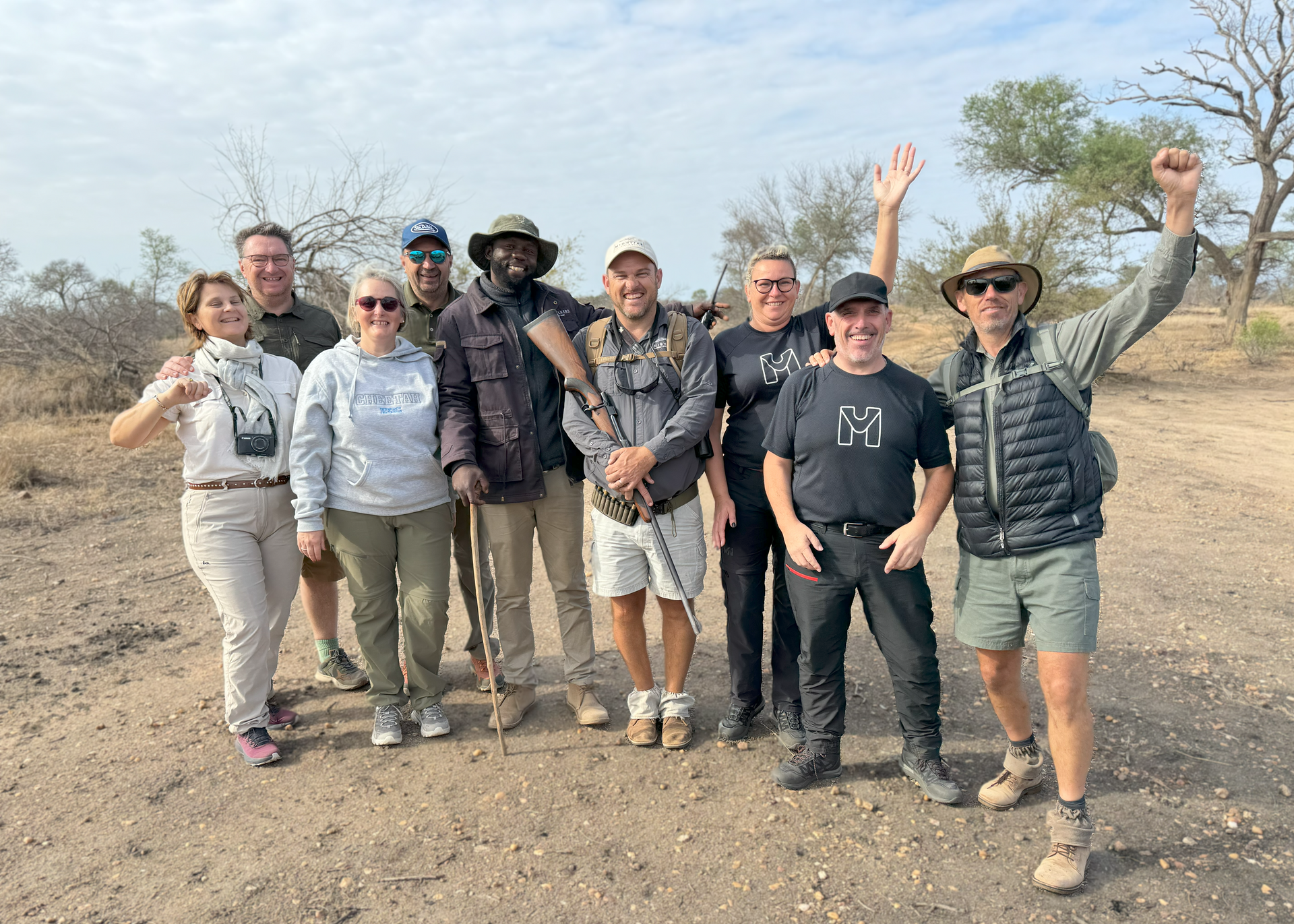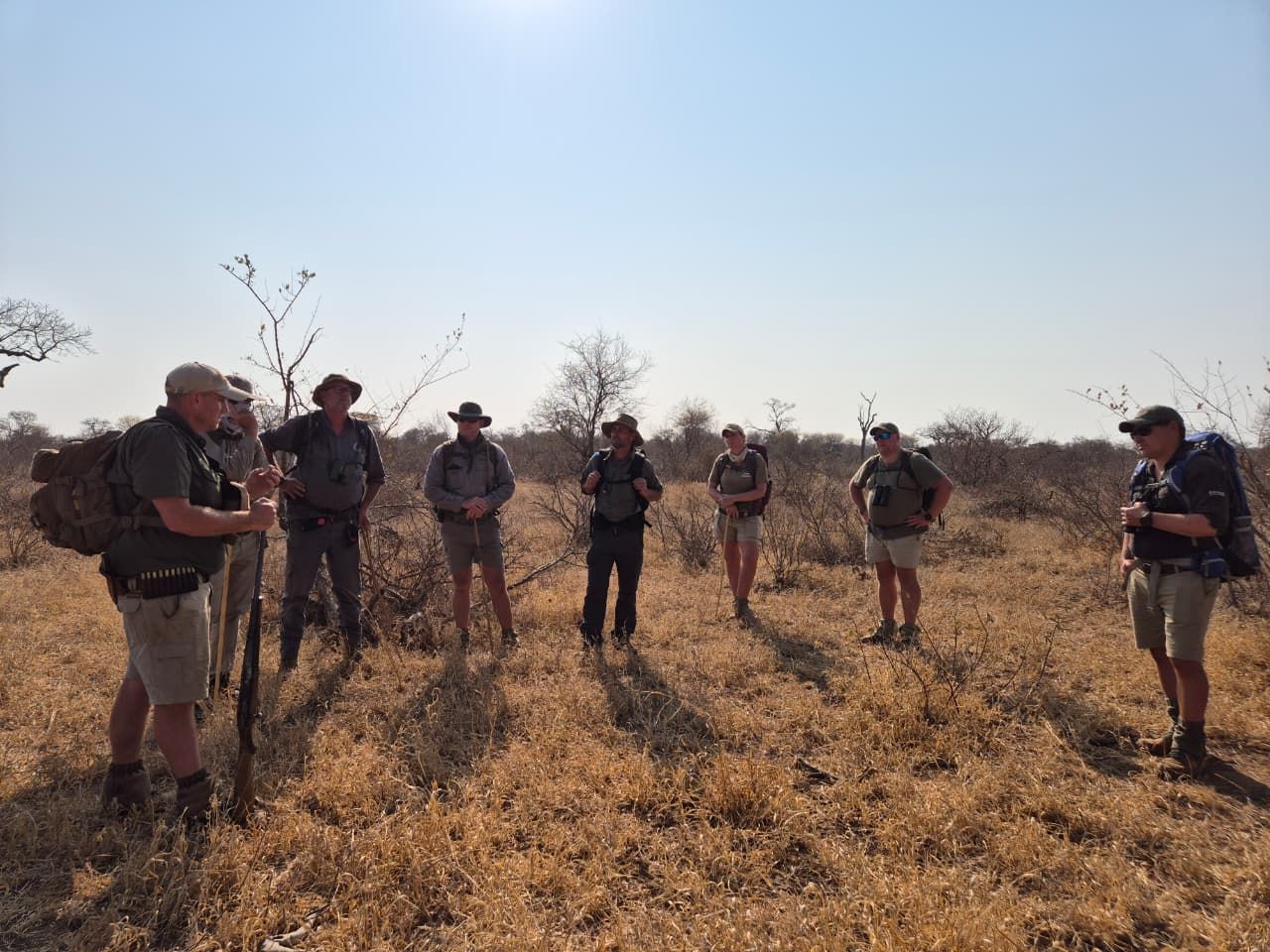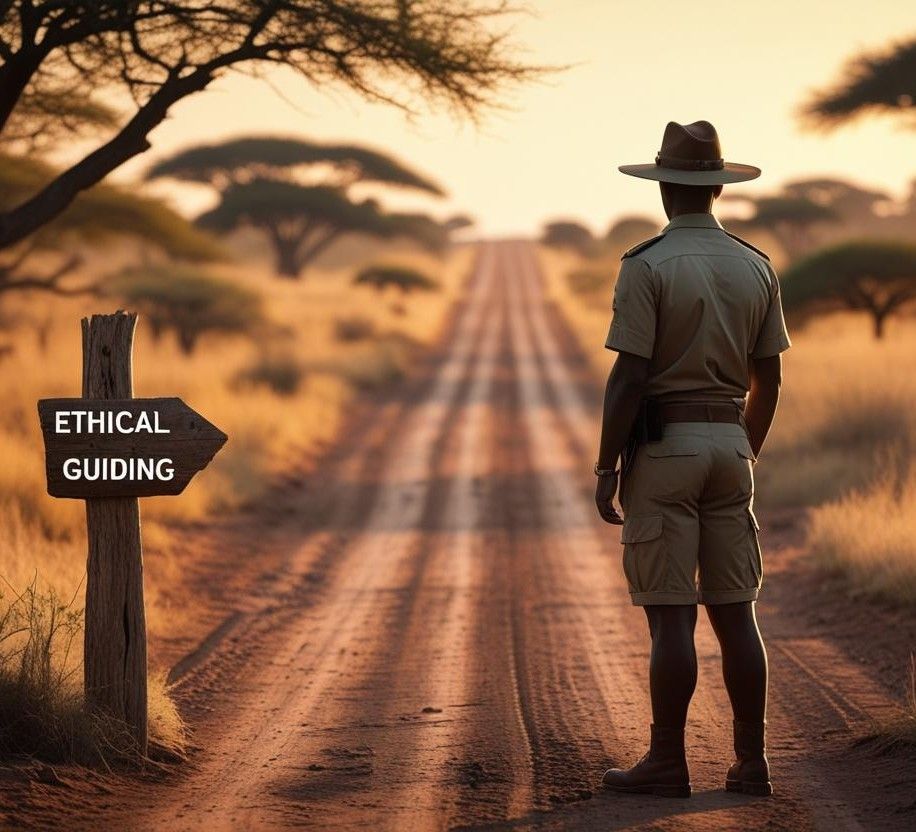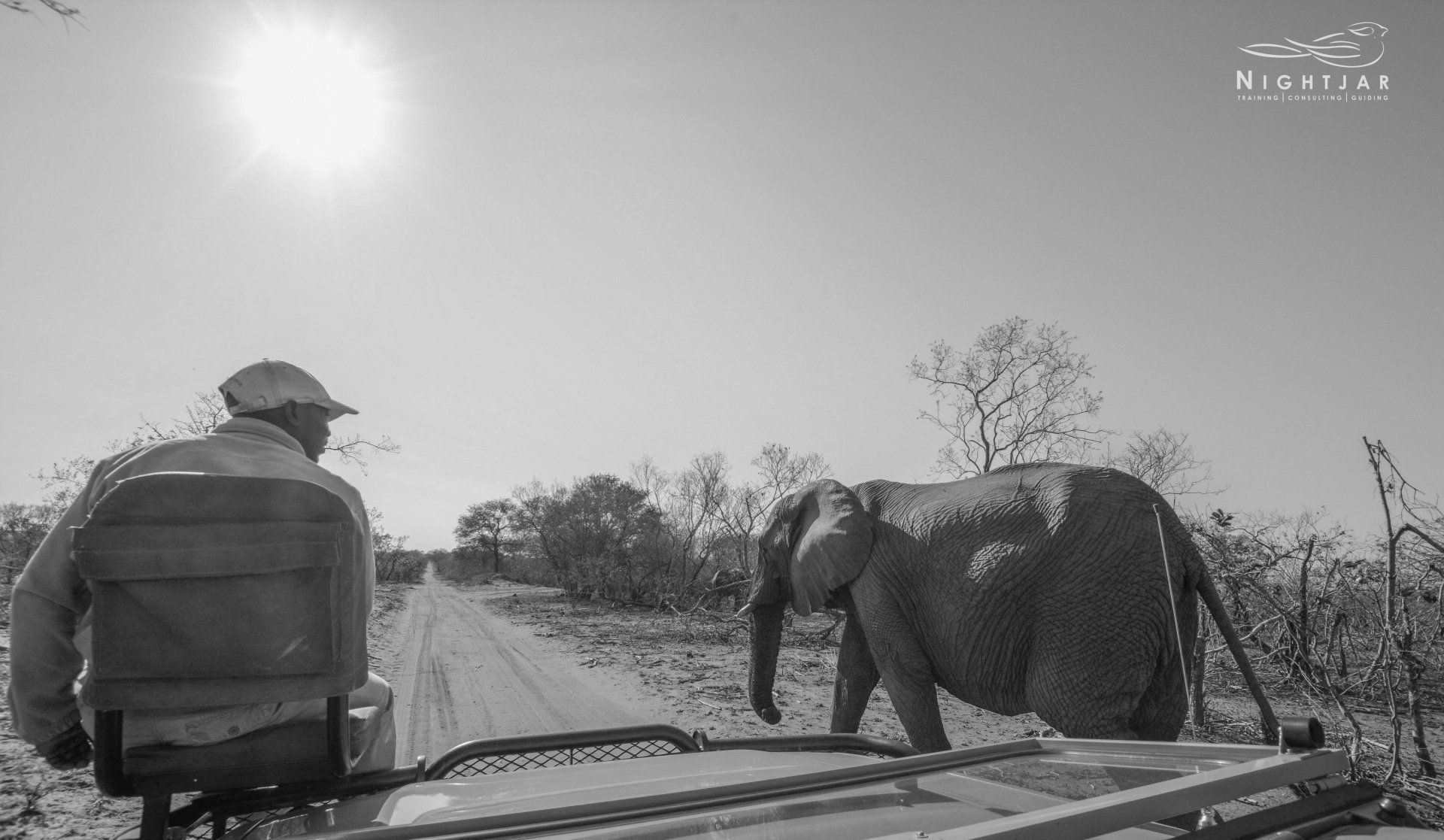Checking In Before the Festive Rush: A Mental Health Reset for Guides & Lodges
The Quiet Before the Storm: Preparing Mindsets for the Season Ahead

As the guiding industry enters the short lull before the festive rush, now is the time to take stock; physically, mentally, and operationally. Across South Africa, many lodges are entering a “soft refurb” or partial closure period toward late November and early December, while staff take their much-needed annual leave before the festive chaos begins.
The past year has been a busy one for tourism, which is a positive sign of recovery and growth. Yet it also means that guides, managers, and lodge staff are heading into the most demanding period of the year with already-depleted reserves. For many, the upcoming season means long hours, high guest expectations, and working through Christmas while away from family; challenges that can quietly chip away at mental and emotional wellbeing if left unchecked.
This article builds on our previous piece, Why Mental Health is Declining in South Africa’s Guiding Community and What We Must Do, and aligns with the key themes in the recent Tourism Update article, “Protecting Guides: The Heartbeat of Tourism”. It offers practical, evidence-based ways for guides, senior guides, and lodge managers to prepare mentally and emotionally for the festive season.
Why the “Check-In” Matters
1. Psychological Reset and Burnout Prevention
The Conservation Psychology and Occupational Health literature both show that sustained emotional labour; the constant demand to perform, host, and manage guest experiences, leads to “compassion fatigue.” Without rest, the body remains in a low-grade state of stress (raised cortisol, disrupted sleep cycles, reduced empathy). This is what researchers term cumulative fatigue.
➡ Why now? Taking advantage of quieter weeks to truly rest resets the nervous system, improves emotional regulation, and restores attentional capacity; crucial for guides working in high-risk wildlife environments.
2. Psychological Safety and Team Connection
Psychologist Amy Edmondson’s work on psychological safety highlights that performance and wellbeing increase when teams feel safe to voice stress, ask for help, or admit mistakes. In guiding teams, where hierarchy and “toughness” can make vulnerability taboo, this is vital.
➡ Practical step: As a Head or Senior Guide, start informal conversations; “How’s everyone feeling heading into season?”, and share your own experience. It normalises honesty. Small acts like shared breakfasts, casual check-ins, or weekly “energy levels” chats foster trust and team cohesion.
3. Identity, Recognition and Meaning
Guides derive identity from purpose; connecting people to nature. When that purpose becomes purely transactional (“turnovers, check-ins, game drives”), psychological detachment grows. Positive psychology research shows that reconnecting with why you do what you do builds resilience and emotional endurance.
➡ For individual guides: Take quiet time in the bush or at home to reconnect with your “why”. Journal or reflect on a memorable guest encounter or wildlife sighting that reignited your passion for guiding.
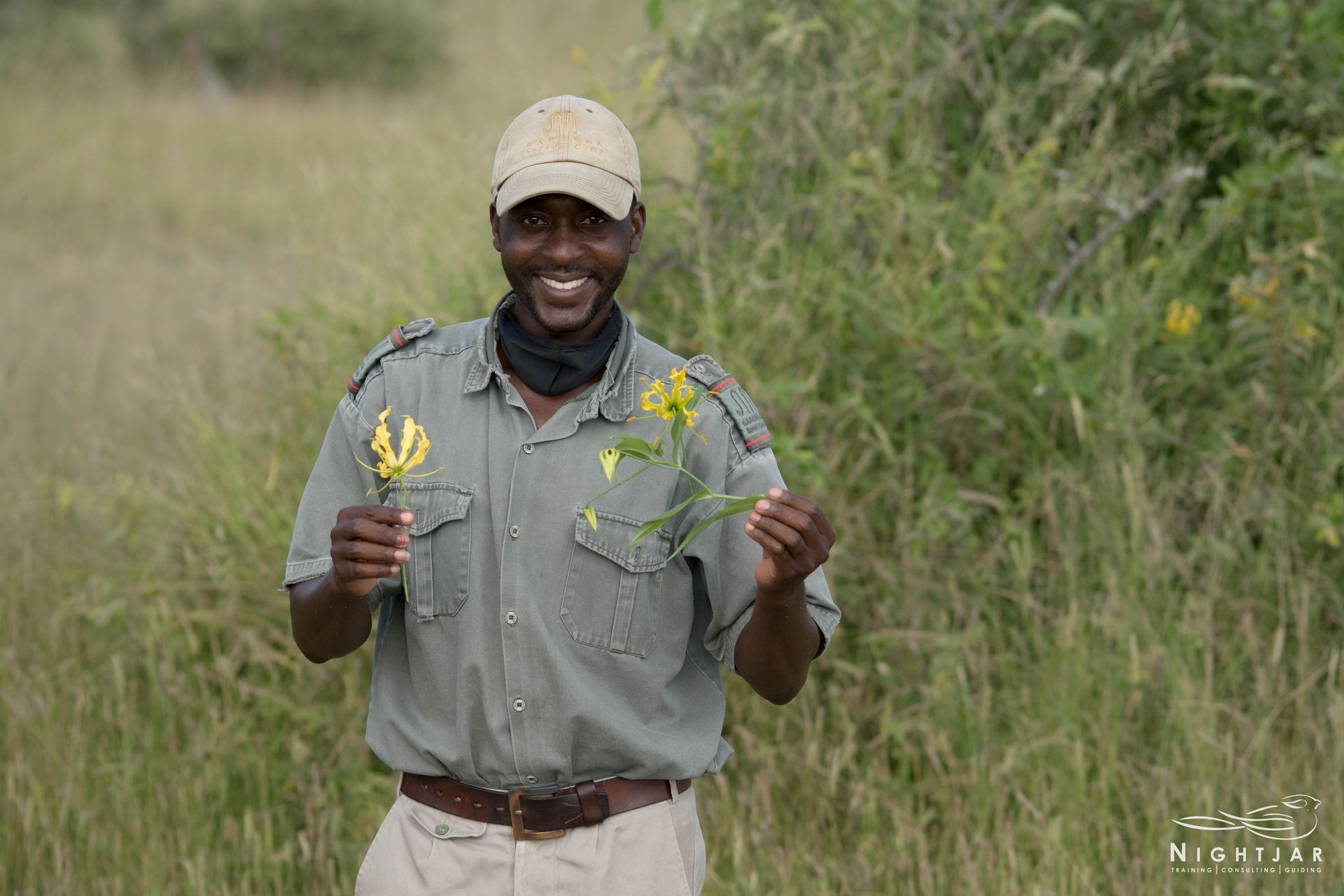
Practical Steps for Each Level
🔹 For Lodge Management
- Reinforce rest as a non-negotiable. Schedule breaks and enforce off-days; rest isn’t a luxury, it’s an investment in safety and service quality.
- Create clarity before chaos. Ensure festive rosters, logistics, and supply chains are confirmed early. Uncertainty is one of the biggest stress amplifiers.
- Acknowledge the human factor. Recognise that staff miss family celebrations. Small gestures; a communal Christmas dinner, flexible early finishes where possible, make a difference.
- Communicate operational closures. If your lodge closes for refurbishment, communicate this early and clearly, so guides can plan rest, training, or family time effectively.
🔹 For Head & Senior Guides
- Team Mental Check-In: Hold a pre-season “wellbeing briefing.” Discuss workloads, expectations, and potential pressure points. Use it to listen; not just plan.
- Model self-care. If you push through exhaustion, your team will mirror that behaviour. Take rest seriously.
- Create micro-recovery habits. Encourage 10-minute “quiet time” moments between drives; breathing, stretching, or sitting in nature without guest interaction.
- Encourage open dialogue. Normalize conversations around stress, especially in smaller teams where guides cover multiple duties (maintenance, hosting, etc.).
- Build gratitude into routine. End weekly meetings with “best moments” from the week. This rewires the brain’s attention toward positive emotional memory.
🔹 For Guides Themselves
Even if your lodge never truly stops, there are still ways to manage stress and maintain mental health during peak season:
- Sleep & Recovery: Prioritise quality sleep; one of the most powerful anti-burnout tools. Use blackout curtains or earplugs if noise is an issue in staff quarters.
- Physical Maintenance: Exercise lightly during rest periods; short walks, stretching, or yoga maintain energy regulation. Avoid overtraining before peak season.
- Emotional Grounding: Simple mindfulness tools (like focusing on breath for 2–3 minutes before a drive) lower heart rate and cortisol levels.
- Stay Connected: If away from family, pre-plan short video or voice check-ins. Staying emotionally tethered to your support network buffers loneliness and irritability.
- Boundaries: Learn to say “no” when overloaded and be open to asking for help, when you need it. A respectful boundary early prevents burnout later.
- Professional Upkeep: Check that your qualifications and licences; ARH, First Aid, PrDP, FGASA Memberships etc, are current. If anything is due to expire soon, renew now or plan immediately after the season. Licensing and training bodies often have reduced hours or closures during December–January, and nothing adds stress like a last-minute panic for paperwork before a booking or assessment.
- Personal Reflection: Write down three things you want to feel or achieve this season; not only in performance, but in mindset. This sets a mental anchor amid the chaos.
Evidence-Based Corner
These recommendations align with proven psychological principles:
- Recovery Theory (Sonnentag & Fritz, 2015): Regular recovery enhances energy, self-control, and concentration.
- Conservation of Resources Theory (Hobfoll, 1989): Protecting and replenishing personal resources (sleep, time, autonomy) prevents stress escalation.
- Positive Psychology & Gratitude (Fredrickson, 2001): Acts of appreciation broaden coping capacity and increase team cohesion.
- Social Support Theory (Cohen & Wills, 1985): Peer and supervisor support reduces the impact of workplace stressors on mental health.
Final Thoughts
The festive season will always be intense; that’s the nature of hospitality. But intensity doesn’t have to mean exhaustion. By using this pre-season window to rest, reset, and reconnect, both personally and as teams, guides can enter December sharper, calmer, and more fulfilled.
Take time to check your wellbeing, your team’s energy levels, and your paperwork. Come mid-December, you’ll be grateful you did.
Here’s to a strong finish to the year; grounded, prepared, and mentally resilient.
Until Next Time,
Charles & The Nightjar Team
References & Further Reading
- Nightjar Safaris Blog: Why Mental Health is Declining in South Africa’s Guiding Community and What We Must Do
- Tourism Update: Protecting Guides – The Heartbeat of Tourism
- Sonnentag, S. & Fritz, C. (2015). Recovery from Job Stress: The Stressor-Detachment Model as an Integrative Framework.
- Hobfoll, S.E. (1989). Conservation of Resources: A New Attempt at Conceptualizing Stress.
- Fredrickson, B. L. (2001). The Role of Positive Emotions in Positive Psychology: The Broaden-and-Build Theory of Positive Emotions.
- Cohen, S. & Wills, T. (1985). Stress, Social Support, and the Buffering Hypothesis.
